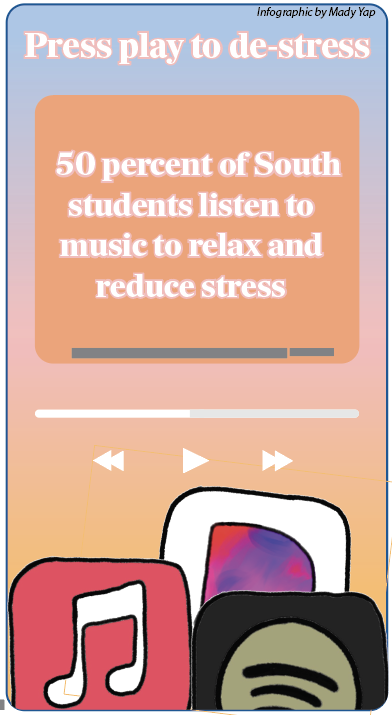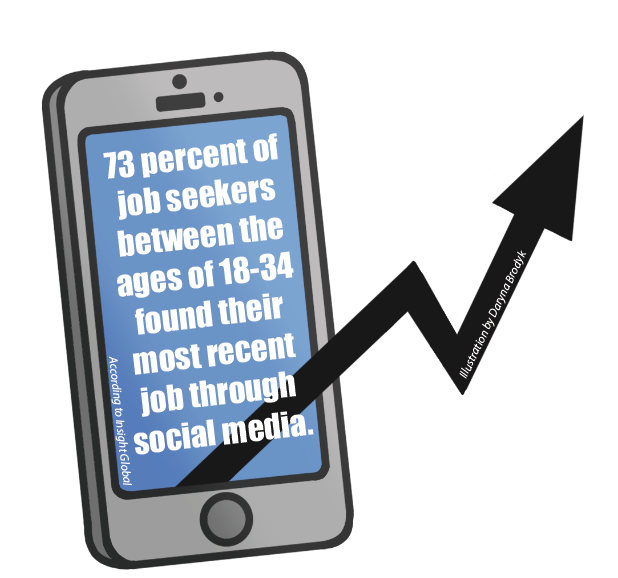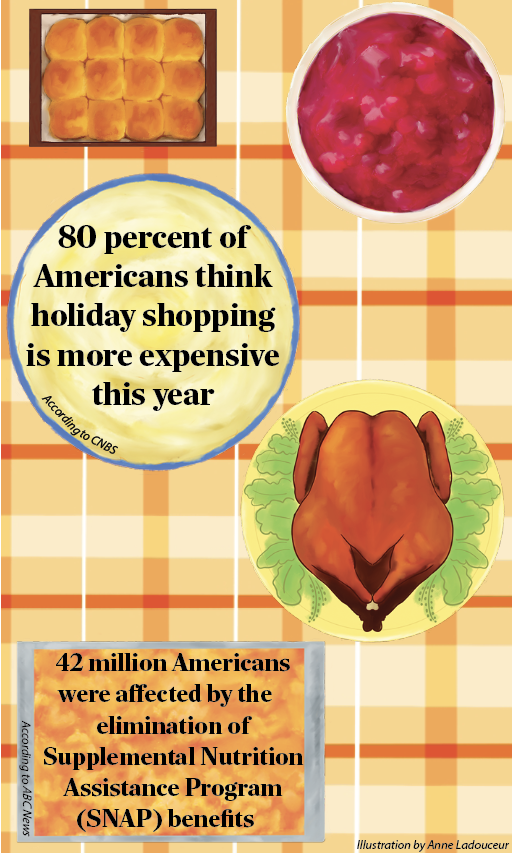In the midst of political tension and global debates surrounding data privacy and national security, the recent debate regarding a ban on TikTok has sparked uproar among users and supporters. While this change could undoubtedly disrupt the flow of millions of users and raise questions about the future of social media, it is worth pausing to consider that a TikTok ban may not be as catastrophic as it’s painted to be.
In fact, it could be for our own good.
I have gone through phases of deleting TikTok. I know myself, and I know that once I open that app, I’ll be stuck on it for the next two hours. I have been able to avoid it for about three months now. While I admit that it is sometimes awkward when I don’t get the sounds, jokes, or videos that people reference, I remind myself that it is a small price to pay for my own mental health and time saved.
I believe that a TikTok ban could serve us all well. Most people don’t have the willpower to delete it, even if they know that doom scrolling—spending excessive time online scrolling through content that makes one feel sad, anxious, or angry, as defined by the Merriam-Webster Dictionary—is causing them harm.
The potential TikTok ban serves as a wake-up call regarding privacy and security concerns. There has been much debate regarding suspicions about the handling of user data and individuals’ privacy. This move can push other social media platforms to reevaluate their data policies and security measures, ultimately leading to better protection for users across various platforms.
TikTok’s addictive nature has also led many users to spend hours scrolling through endless streams of short videos, often at the expense of other productive or meaningful activities.
With TikTok out of the picture, we can rediscover other hobbies, interests, and social interactions that were previously sidelined, promoting a healthier balance between online and offline life and reducing the negative impacts of excessive screen time on mental health and well-being.
Some argue that the ban infringes on freedom of expression and limits access to a platform that has provided a creative outlet for millions.
Many of those against the potential ban have expressed that TikTok has helped them start businesses, get recognized for their talents, release music, and more, and that a ban would take away from their successes and passions.
While these points are valid, it’s essential to recognize that the ban does not mean the end of creative expression. The internet is vast, and there are countless other platforms where users can showcase their talents and creativity. There are apps for writers, artists, musicians, and even small business owners to market their products. By exploring alternative platforms, users can continue to express themselves freely while also diversifying their online presence.
While the TikTok ban does present challenges for its users and creators, it also opens up opportunities for positive change. By prioritizing data privacy and encouraging less internet dependence, the ban could ultimately lead to safer social media use and more balanced lifestyles. Instead of lamenting the loss of TikTok, we should embrace the potential opportunity for growth.








